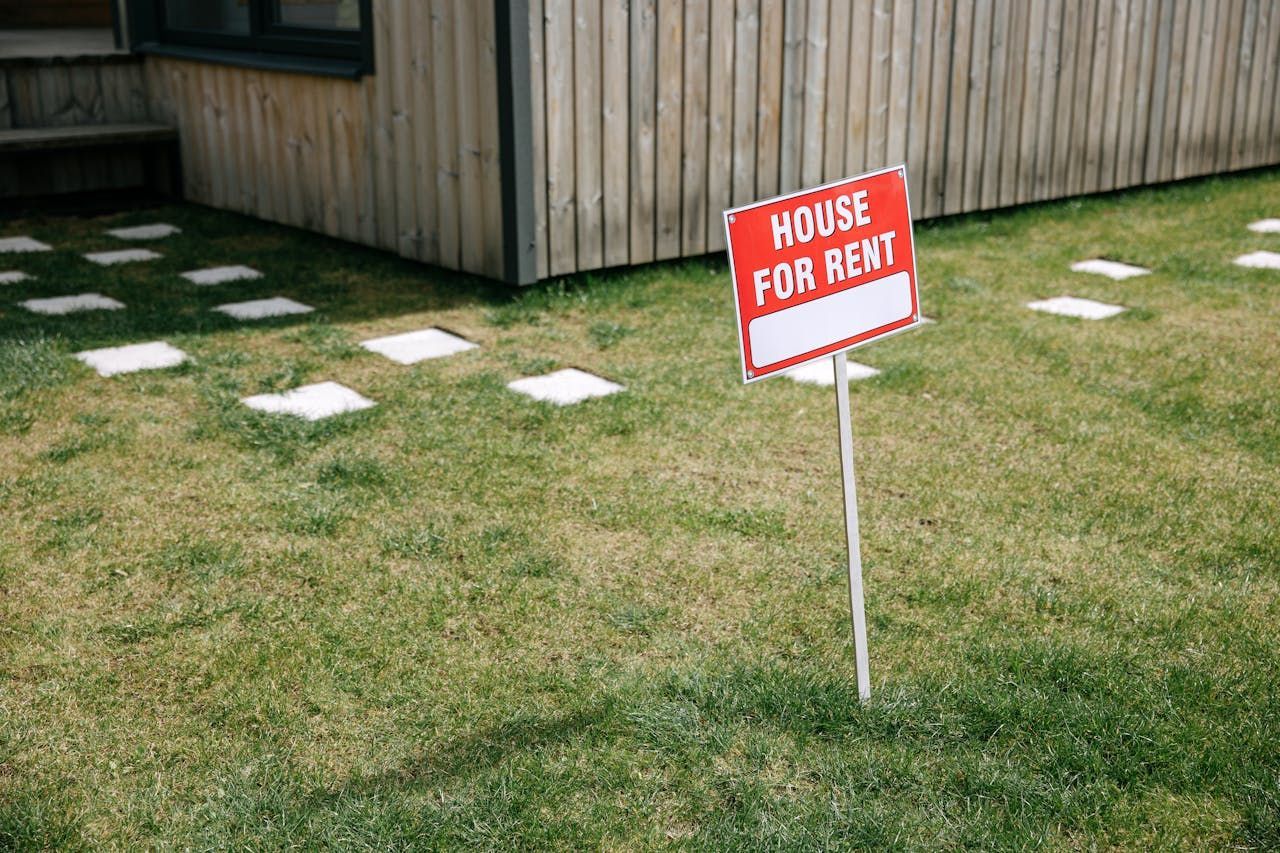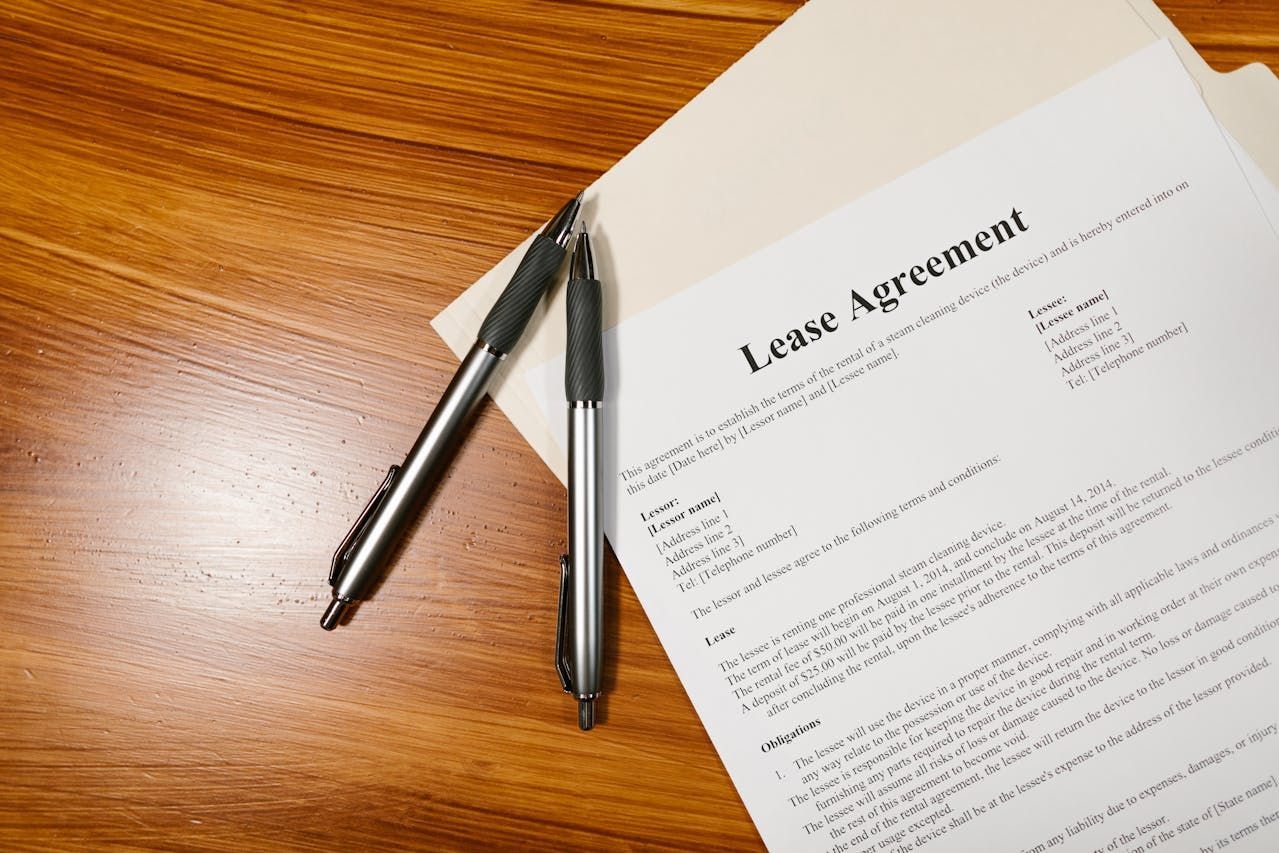Texas Security Deposit Laws
Key Takeaways
- Security deposits protect landlords from financial losses due to unpaid rent, excessive damage, or early lease termination.
- Texas law gives landlords flexibility with deposit amounts and does not require interest payments or special accounts.
- Deposit deductions must be itemized and returned within 30 days, with clear communication and documentation to avoid legal issues.
- Proper handling of deposits is critical—partnering with experts like Campus Realtors can help ensure compliance and peace of mind.
For Texas landlords, collecting a security deposit from a resident is more than just a customary step—it’s an essential layer of financial protection. Security deposits can help landlords cover a range of unexpected costs, such as:
- They help cover unpaid utility bills. While utilities are often in the resident’s name during the lease, some residents move out without settling their final balances. Under Texas landlord-tenant law, landlords may deduct the unpaid portion from the security deposit.
- They cover excessive cleaning costs. A lease typically requires the resident to leave the rental in the same condition as when they moved in, aside from normal wear and tear. However, if a property is left in poor condition, landlords may use the security deposit for deep cleaning.
- They protect against lost rent payments. Nonpayment of rent is a breach of the lease agreement. In these case missing rent payments, landlords can legally deduct the unpaid rent from the tenant's security deposit.
- They help compensate for early lease termination or abandonment. When a resident leaves unexpectedly or breaks the lease early, the landlord may lose income. A portion of the security deposit may be used to cover the financial loss.
- They cover excessive damage to the property. Examples of property damage include large holes in walls, broken fixtures, or unauthorized modifications. The tenant's security deposit can be used to repair or replace damaged property items.
A security deposit isn’t just money held in trust—it’s a safeguard that helps Texas landlords operate with peace of mind. Here’s a guide put together by Campus Realtors outlining the Texas security deposit laws!

The Texas Security Deposit Law
1. Texas Security Deposit Limit
Unlike some states that cap the amount a landlord can charge for a deposit, Texas has no statutory limit on how much a landlord may require as a security deposit. This gives landlords flexibility to charge what they deem appropriate, often based on local market conditions or the applicant’s credit history.
Still, most Texas landlords charge a deposit amount equivalent to one month’s rent. Charging the
equivalent to one month's rent allows them to stay competitive and attract good residents.
2. Nonrefundable Fees in Texas
Texas law distinguishes between security deposits and nonrefundable fees. While landlords may charge nonrefundable application or administrative fees, they must not label part of a tenant's security deposit as “nonrefundable.”
According to Texas Property Code § 92.104, all security deposits are refundable unless specifically stated in writing, and such fees must be clearly defined in the lease or rental agreement.
3. Storing a Resident’s Security Deposit in Texas
Texas does not require landlords to place security deposits in a separate account or to pay interest on them. This is in contrast to some other states, which mandate that security deposits be held in escrow or earn interest for the resident.
While not required, keeping security deposits in a dedicated account is considered a best practice to maintain clear records and avoid commingling funds.
4. Written Notice After Security Deposit Receipt
Texas law does not obligate landlords to provide a written notice to residents confirming receipt of the security deposit. Including a written acknowledgment within the lease agreement or as a separate receipt can help prevent future disputes regarding the deposit.

It is highly advisable to detail the amount of the security deposit, date received, and the conditions for its return to maintain transparency and accountability.
5. Reasons to Withhold a Resident’s Security Deposit in Texas
Under Texas Property Code § 92.104, landlords are allowed to retain part or all of the security deposit for several valid reasons. These include:
- To cover unpaid rent
- To pay for the cleaning costs necessary to return the property to its original condition
- To repair damage in the property beyond normal wear and tear
- To replace missing items that were included in the rental property
Landlords cannot withhold the deposit for conditions that existed before the resident moved in or for normal wear and tear, such as faded paint or minor carpet wear. All deductions must be itemized in writing and sent to the former resident within 30 days of move-out.
In the event of an eviction from the property, ensure that you are following Texas eviction process in order to remain compliant with the law.
6. A Walk-Through Inspection
Texas law does not require landlords to perform a walk-through inspection with the resident before move-out, nor does it mandate prior notice of such an inspection in the property. Conducting a move-out inspection with the resident present is a good business practice.
This can help avoid misunderstandings and give residents a chance to address any issues before final deductions are made. Documentation of the property, including dated photos and written notes, is also advisable.
7. Security Deposit Refund Timeline in Texas
After a resident vacates the property, Texas landlords have 30 days to return the security deposit or provide a written, itemized list of deductions to the deposit. This applies even if the resident leaves the property without notice or breaks the lease early.

To receive a refund, the resident must provide a valid forwarding address. If the landlord fails to return the security deposit or provide an itemized deduction list within 30 days, they could be liable for up to three times the amount wrongfully withheld, plus attorney fees. Timely and documented communication is key to avoiding legal and financial penalties.
8. Change in Property Ownership
In the event the property is sold or transferred to a new owner, the outgoing landlord has two options:
- Return the resident’s deposit (minus lawful deductions) and notify the new owner of this action.
- Transfer the deposit to the new owner and provide written notice to the resident, including the name and address of the new owner.
Responsibility for the deposit then shifts to the new owner, who must honor the original lease terms and return the deposit accordingly when the lease ends. This ensures continuity and protects the rights of both the resident and the new landlord.
Bottom Line
Texas security deposit laws offer landlords the flexibility to protect their investment while also setting clear guidelines to safeguard residents' rights. From setting the right deposit amount to returning it lawfully, understanding the state-specific rules is crucial to maintaining a professional and legally compliant rental business.
If you’re unsure about applying these rules or want to ensure proper handling of deposits, Campus Realtors can be an invaluable partner. Not only can we oversee move-ins and move-outs, but we can also help with lease enforcement, resident communications, and legal compliance in the Baylor area!
Disclaimer: Please note that the information provided in this blog is intended for general guidance and should not be considered as a replacement for professional legal advice. It is important to be aware that laws pertaining to property management may change, rendering this information outdated by the time you read it.












